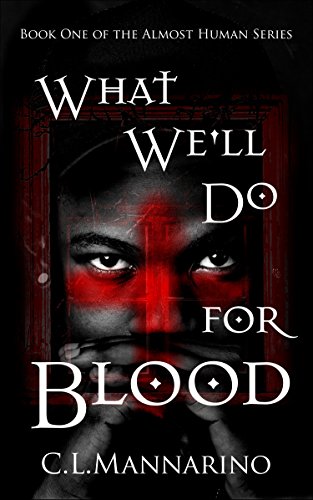
Contrary to what you might expect based on my reviewing habits, I’m not always in the mood for vampires who act more like typical Evanescence fans than sociopathic monsters. Sometimes it’s nice to take a break from romance for a while and return to the roots of the genre.

If I recall correctly, Dracula had no redeeming qualities whatsoever and was a symbol of Class Conflict or Subversive Sexuality or STDs or the Dangers of Immigration and Foreign Influence depending on which academic interpretation you go by. Whatever the preferred diagnosis, though, I think one thing is indisputable: Dracula has no charm. True charm is genuine, even if it’s used to manipulate. There has to be a sense of humor in there somewhere. Dracula is a blood-drinking machine and his politeness is purely a means to an end. I can’t remember a single memorable thing Dracula said, though I remember the story in general. I think this is because Dracula is a force of nature or a symbol rather than a character. Still not sure what he’s supposed to be a symbol of.
In What We’ll Do for Blood, Maria (the vampire) is similar. She exists to drink blood. This is her only motivation. This may sound like Maria is overly simplistic, but no, Maria is an accomplished predator who excels at manipulation, deception, and brutality. Maria is terrifying because she works in the system to get what she wants. Like many real life abusers, she makes her victims seem unreasonable and dangerous when they defend themselves. If your neighbors aren’t vampires, of course, breaking and entering and trying to stake them is rather antisocial. Maria has a network of people she threatens and hypnotizes into donating blood; some of them know what she is, and some don’t. When she sets her sights on high school student Scott’s dad, the plot begins. It’s never clear whether Scott’s dad is having a genuine affair or is brainwashed by Maria’s vampire hypnosis (maybe both), but his constant visits to Maria’s house late at night throw Scott’s family into a tailspin.
So far, so good. My problem with Scott’s family is that, perhaps in an attempt to make them interesting, Mannarino skews too far in the other direction and makes them unsympathetic social climbers who never seem very distant from their son. Not that unsympathetic victims aren’t okay! But because Scott’s parents seemed to have few human moments, I never really felt Scott’s concern for them. I loved his sister Nikki, but that was it.
The ending, though, made up for it. I didn’t see it coming at all, but no spoilers. I just wish less time had been spent on Scott’s family and more time telling the story at the end. All the same, I look forward to the sequel. 🙂






